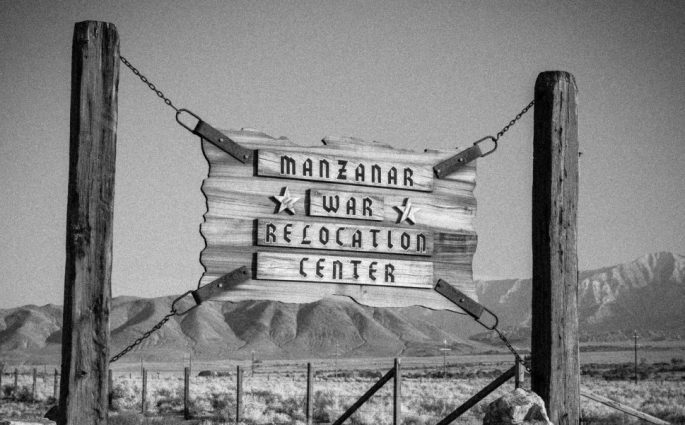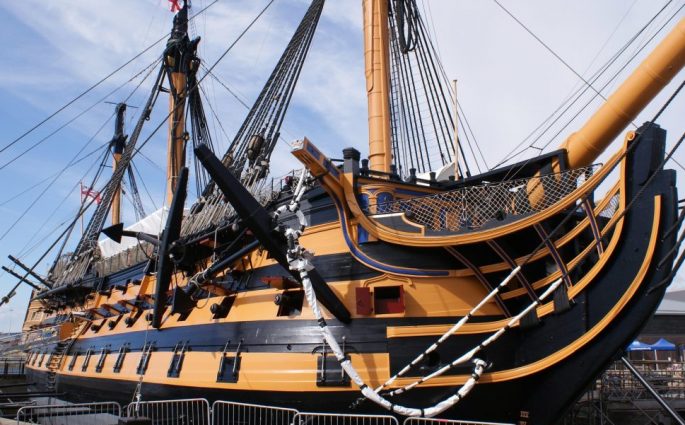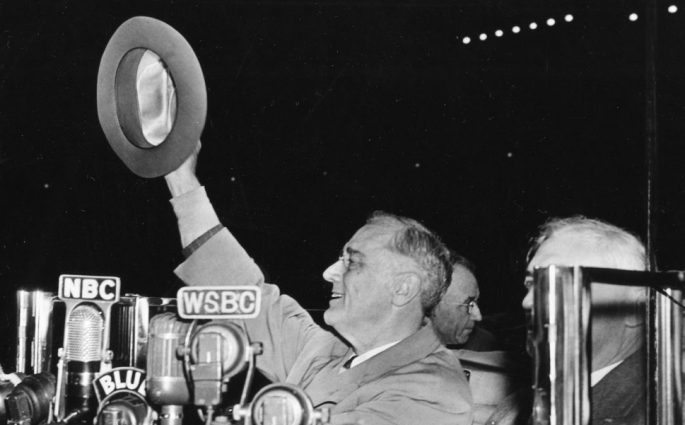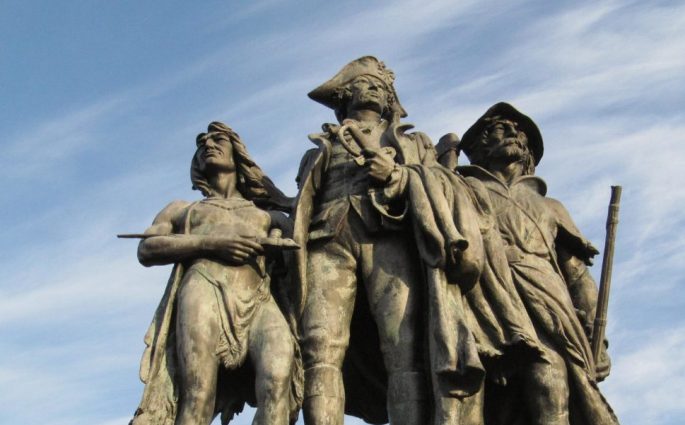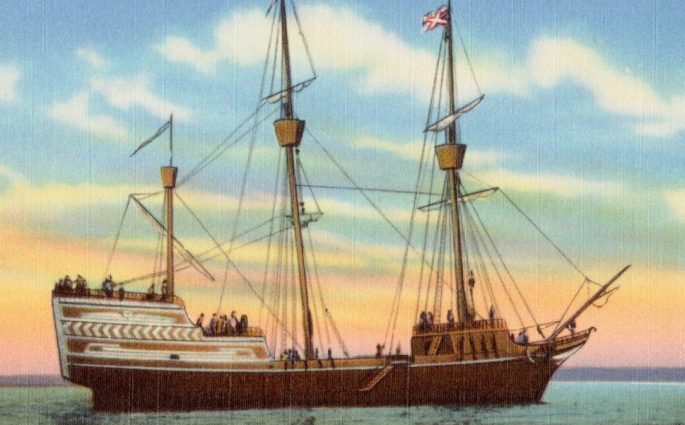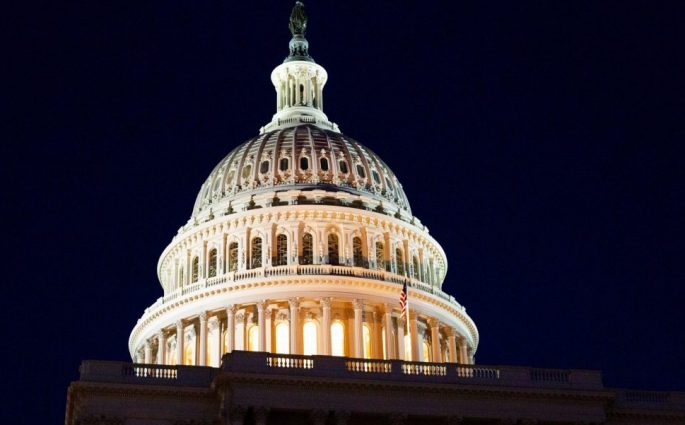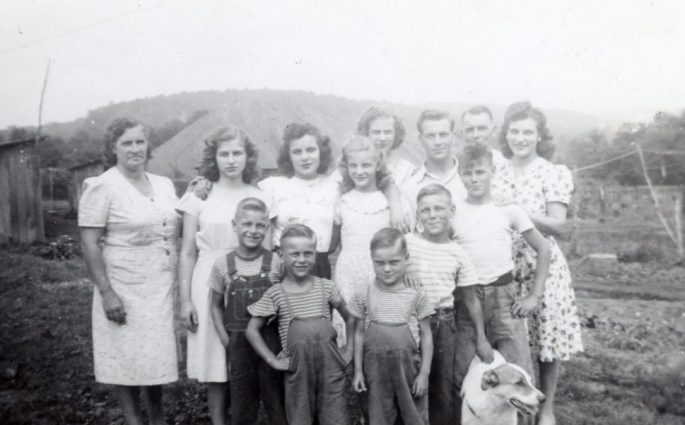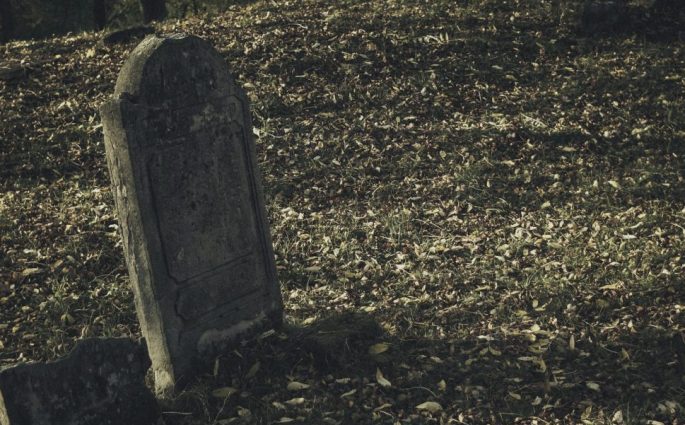Fake News, Then and Now
Tracy Campbell— In his first fireside chat after Pearl Harbor, President Roosevelt urged Americans “to reject all rumors,” noting that “these ugly little hints of complete disaster fly thick and fast in wartime.” By summer 1942, FDR knew that executive admonishments had failed to curb the avalanche of false information

